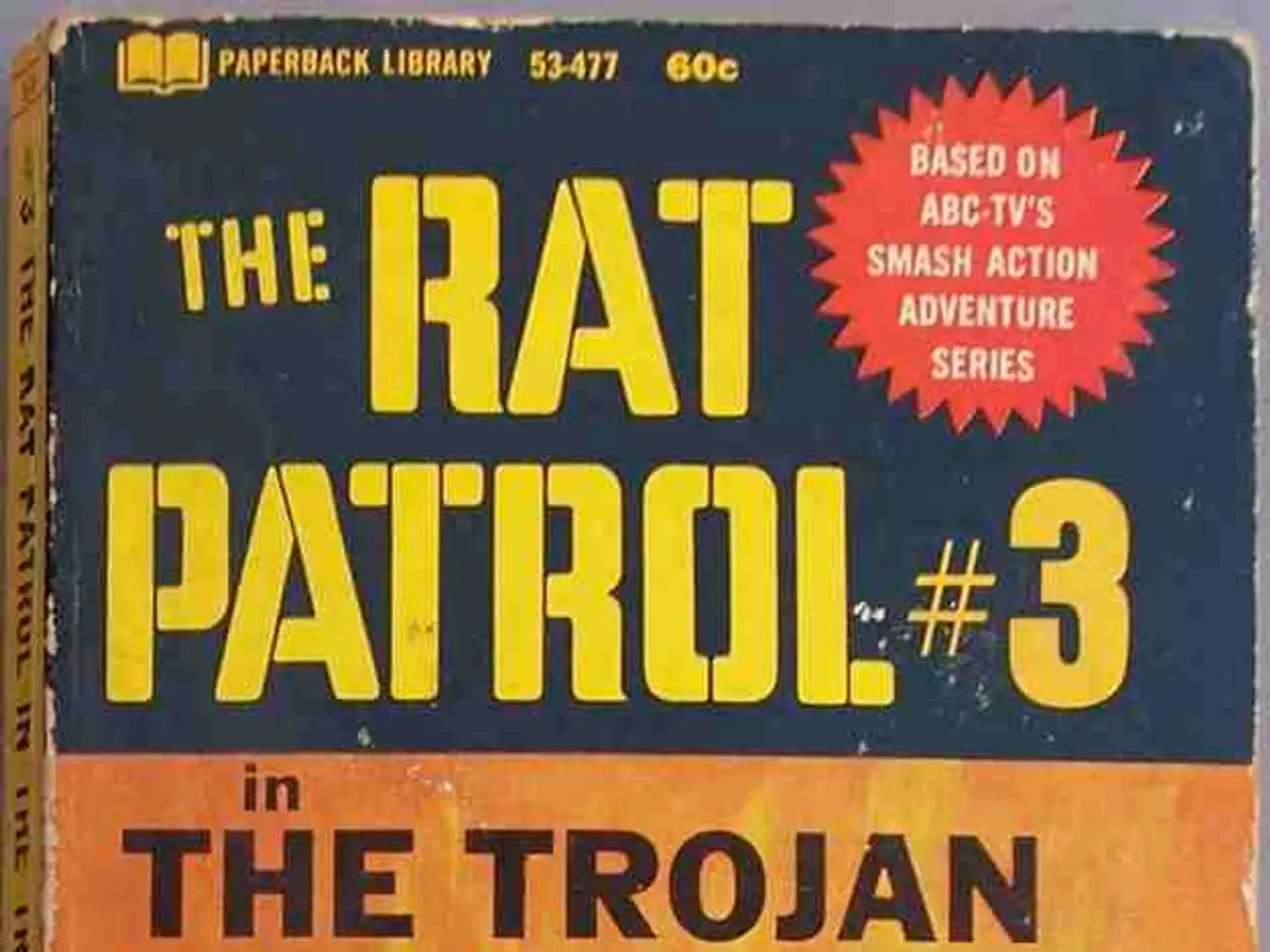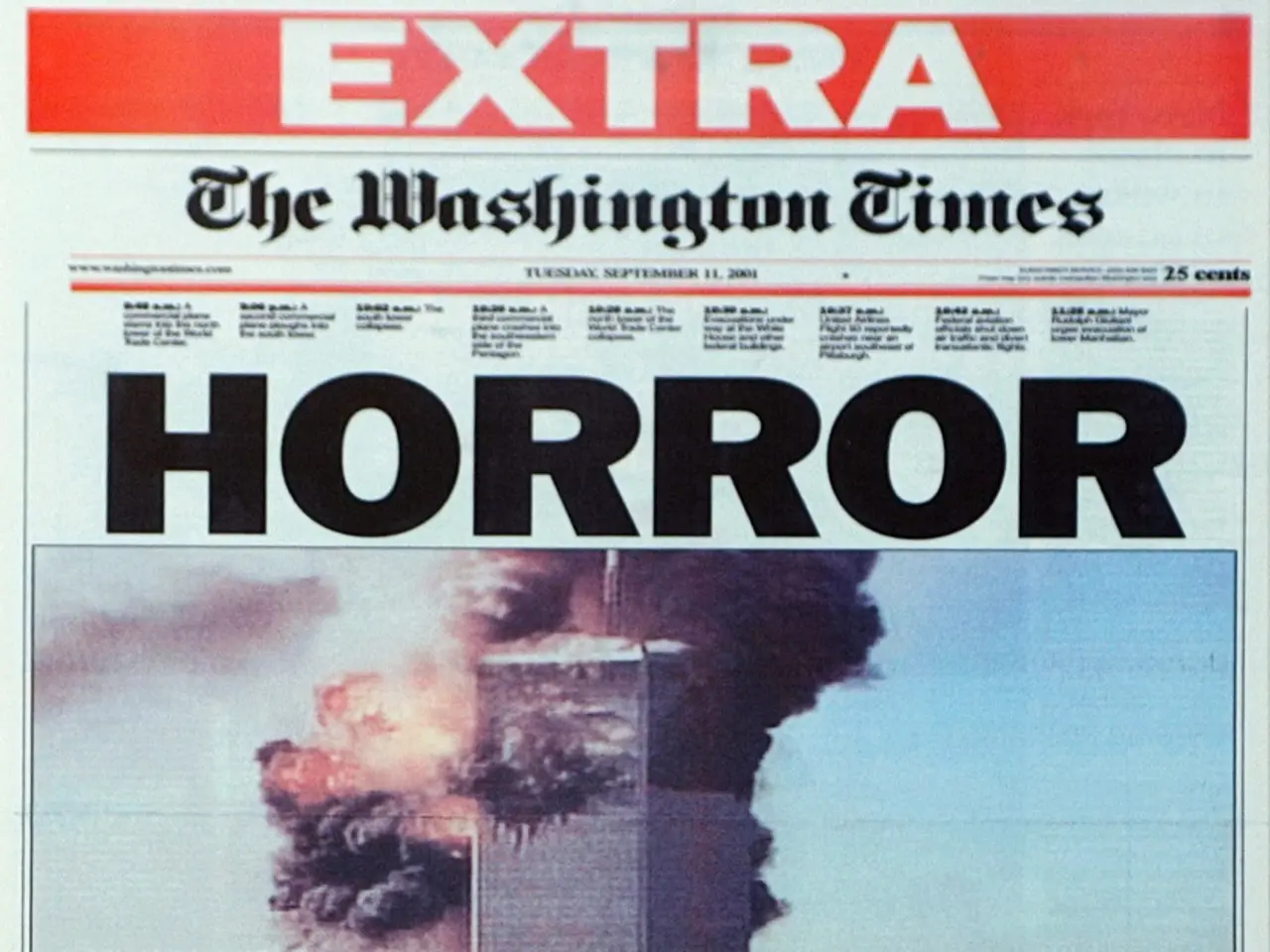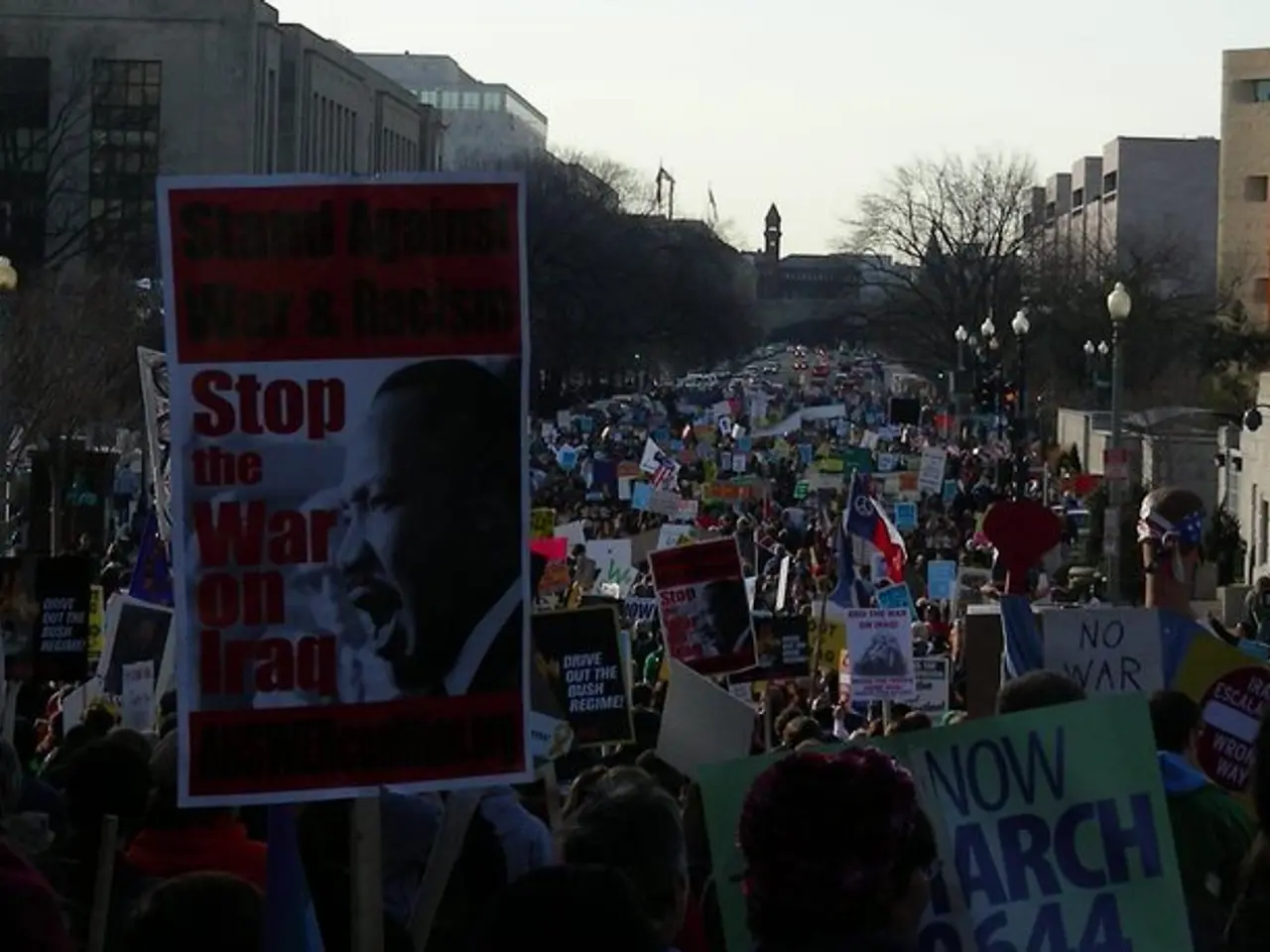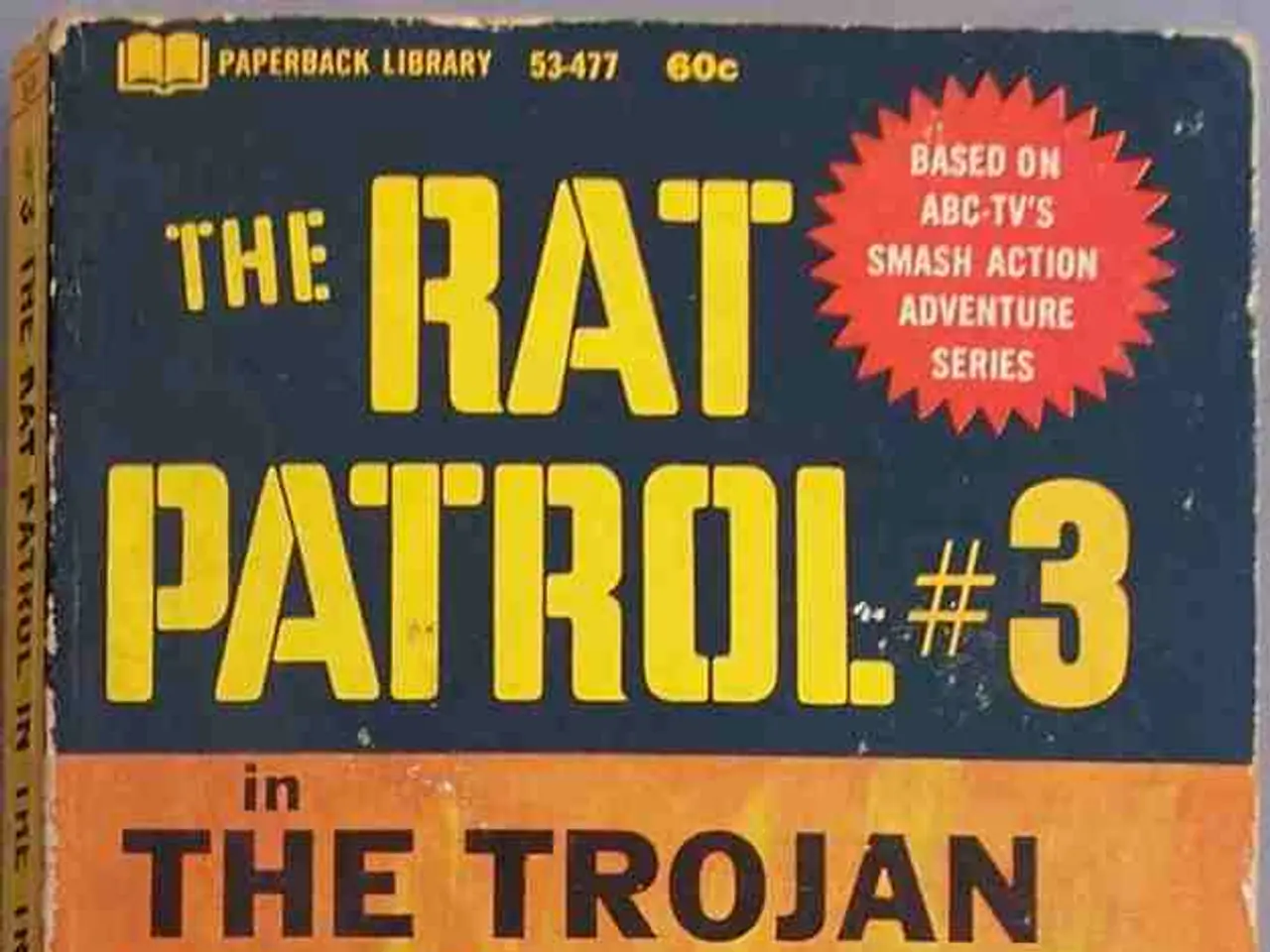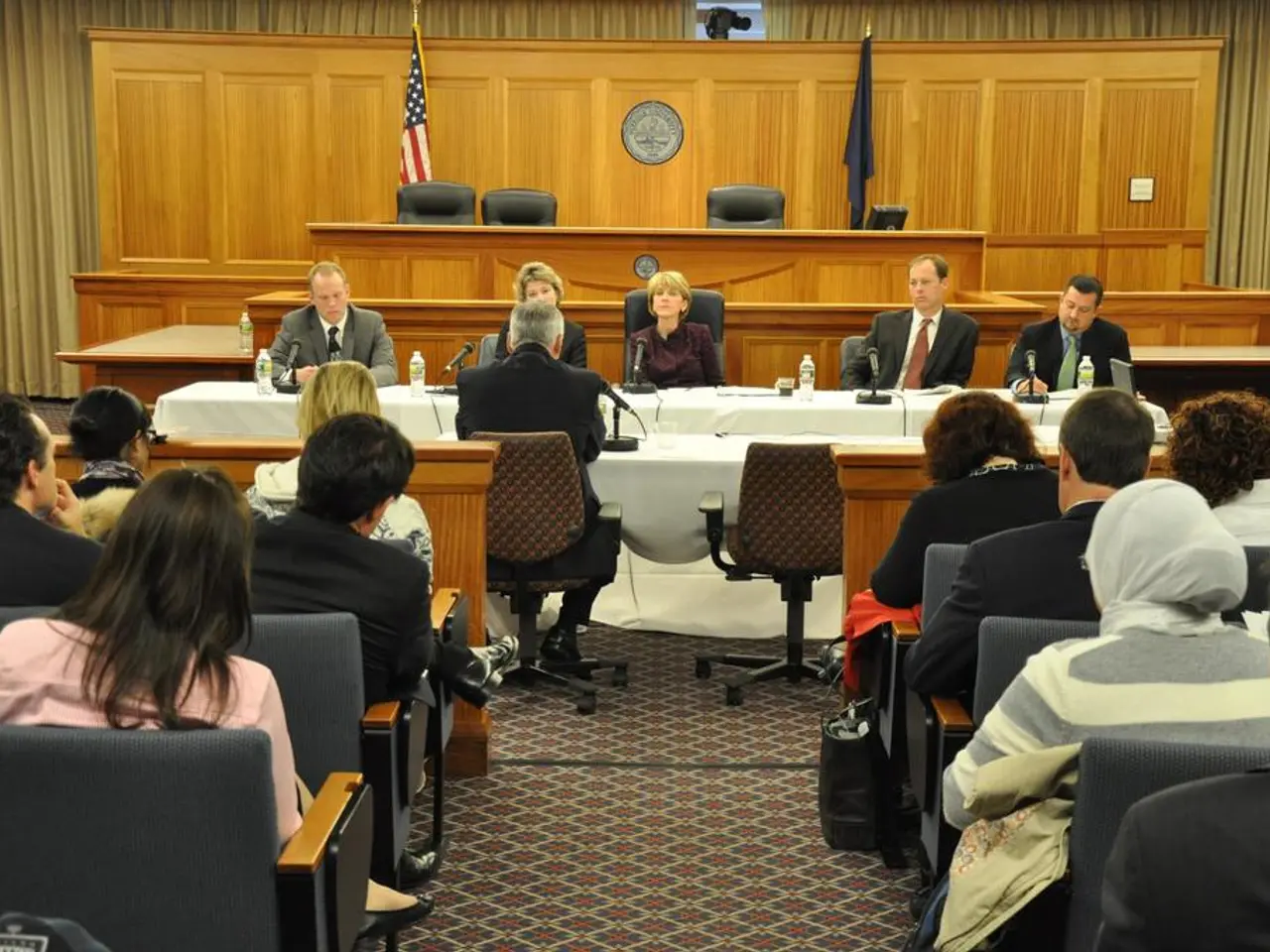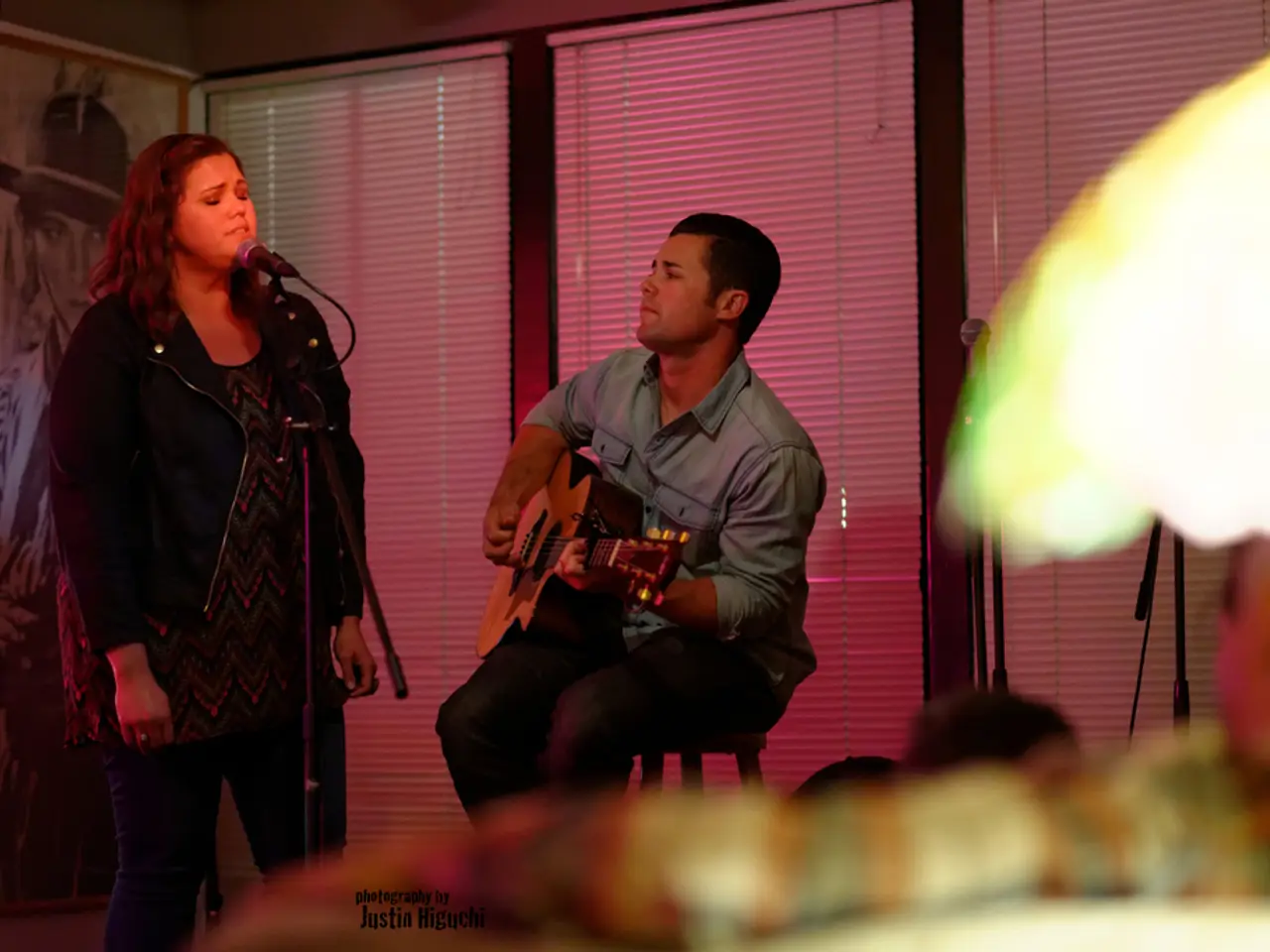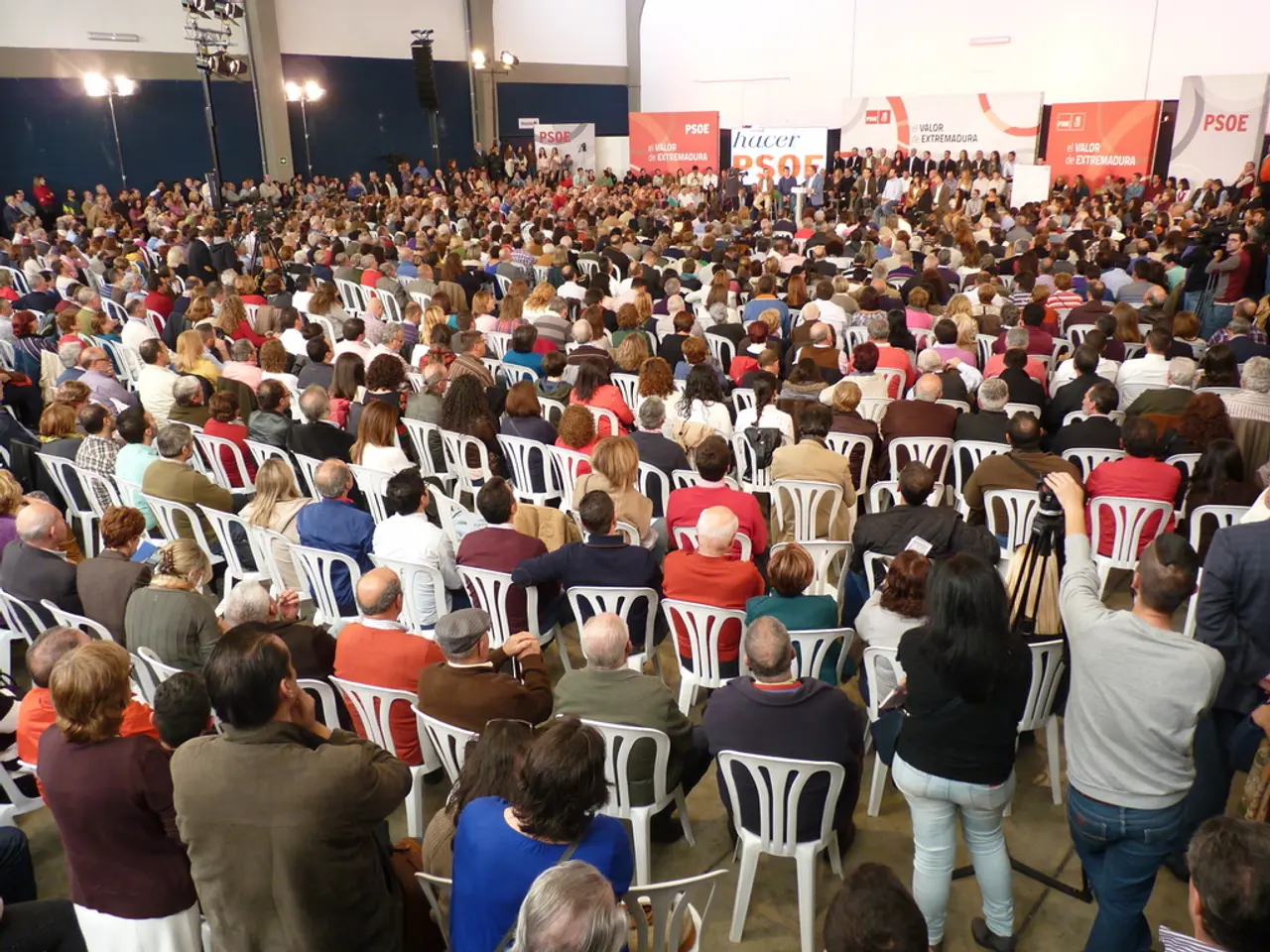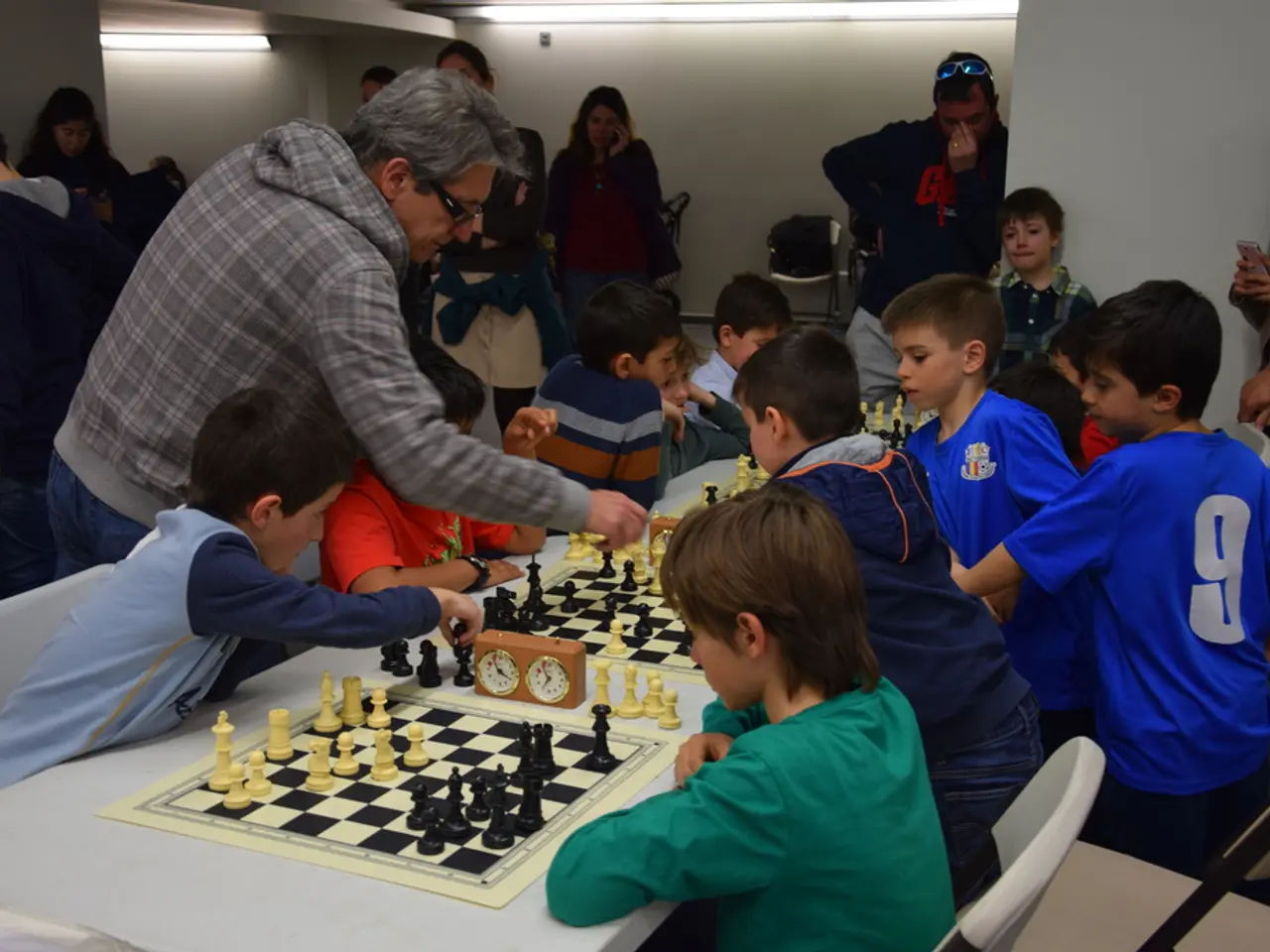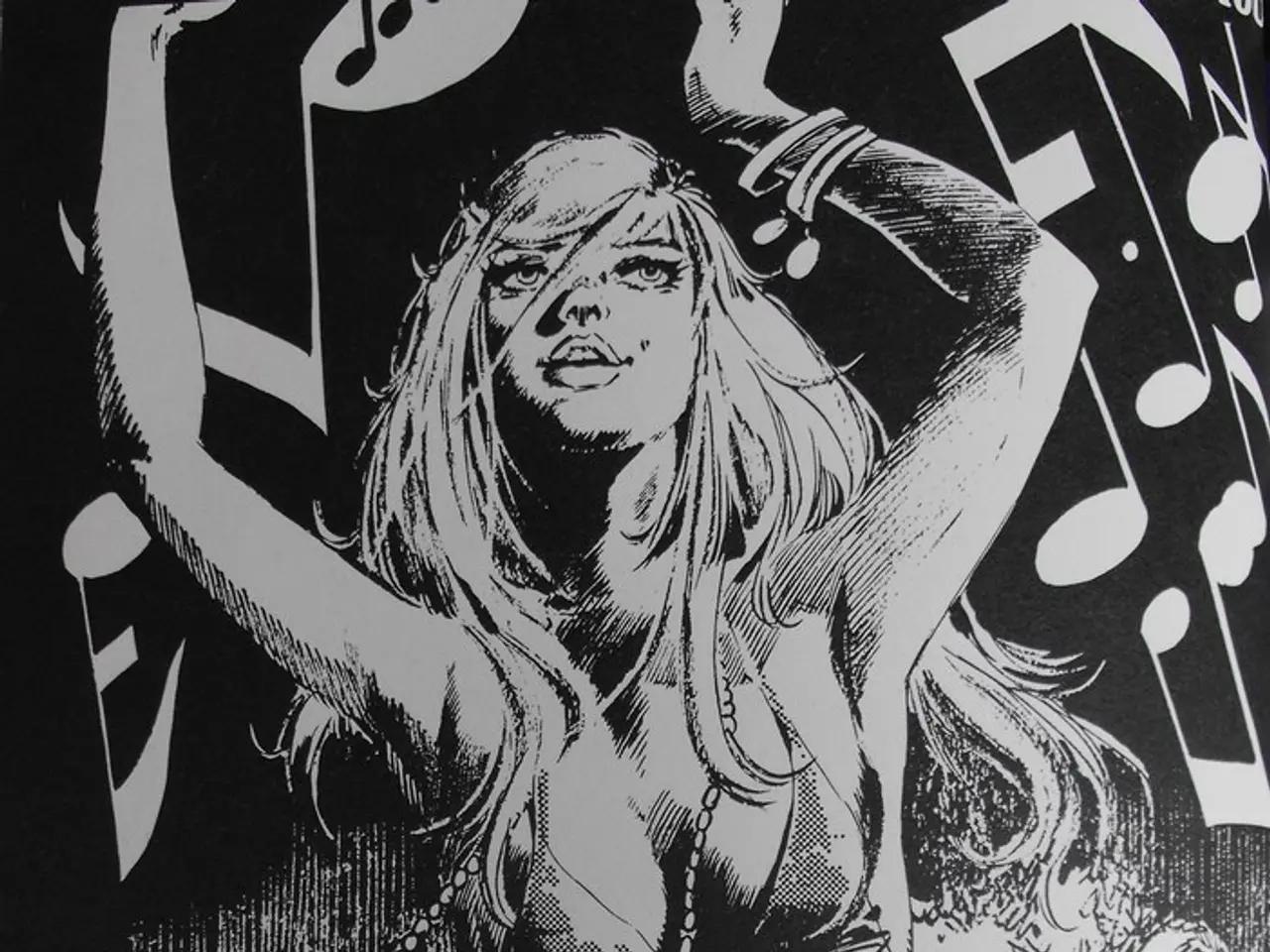Collaboration between Zionist and Hindutva Forces
In the global landscape, the leadership of Narendra Modi in India and Benjamin Netanyahu in Israel have been marked by processes widely characterized as democratic erosion or backsliding. Though the dynamics and manifestations differ, both leaders have exhibited a populist style with high anti-pluralism, weakening opposition and civic freedoms, and fostering political environments hostile to dissent.
Modi's Democratic Erosion in India
Modi's tenure is marked by a slow erosion of democratic norms, often justified under the banner of legality and national security interests. This includes gradual restrictions on freedom of speech, press, and political opposition, accompanied by increasing majoritarian nationalism. The process can be characterized as incremental election subversion, involving voter suppression, diminishing media access, and disqualification of opposition candidates—all contributing to a weakening of democratic accountability.
Netanyahu's Democratic Erosion in Israel
Netanyahu's democratic erosion involves more explicit strategies linked to the Israeli-Palestinian conflict and internal political power consolidation. He has preserved and leveraged the separation between Gaza and the West Bank in ways that have indefinitely sidelined the prospect of a Palestinian state and weakened political processes with Palestinians. His governance style includes using political and security apparatus to sustain control, benefiting from fragmentation among Palestinian actors and adopting a hardened stance toward opposition, thereby undermining democratic debate and the rule of law.
Common Features and Differences
Both leaders share the undermining of judiciary independence and rule of law, although expressed differently in each context. National security or nationalist rhetoric is used to justify restrictive measures and a concentration of executive power. However, Modi's democratic erosion is more systemic and institutionalized gradually within a large, diverse democracy, often framed as legal reforms. Netanyahu's approach is more directly linked to conflict management and territorial control, with overt political maneuvering impacting democratic structures and civil liberties.
Modi's regime exhibits majoritarian nationalism with communal implications domestically, while Netanyahu's governance ties closely to ethno-nationalist policies about Palestinian populations. Non-Zionist Jews in Israel, including members of Breaking the Silence and left-wing Orthodox communities, are labelled traitors and targeted for repression.
Consequences and Legacies
These actions by Netanyahu and Modi, far from resolving conflict, deepen mistrust and push both regions toward cycles of retaliation and radicalization. In India, hate crimes such as lynchings over cow slaughter, destruction of homes and places of worship, and the 2020 Delhi riots where over 50 people were killed have surged under Modi's watch. In Israel, the prosperity of Tel Aviv stands in stark contrast to the impoverishment of Palestinians in the occupied territories.
The legacies of Modi and Netanyahu will not be defined by growth figures or military victories alone, but by whether they left behind societies that were more just, more united, and more at peace. The future of democratic norms in both India and Israel remains a critical concern for the global community.
The ongoing political landscapes in India and Israel, characterized by democratic erosion, have significant implications in the realms of migration, news, and crime-and-justice. The policies and legislation introduced by leaders Modi and Netanyahu have been criticized for their rigid stance against dissent, potentially stifling general news and freedom of speech. Additionally, the erosion of democratic norms in both countries has been seen to contribute to a rise in hate crimes and polarization, which can influence migration patterns and justice systems. The global community, therefore, remains concerned about the long-term effects of these policies on the rule of law, human rights, and societal cohesion in these regions.
